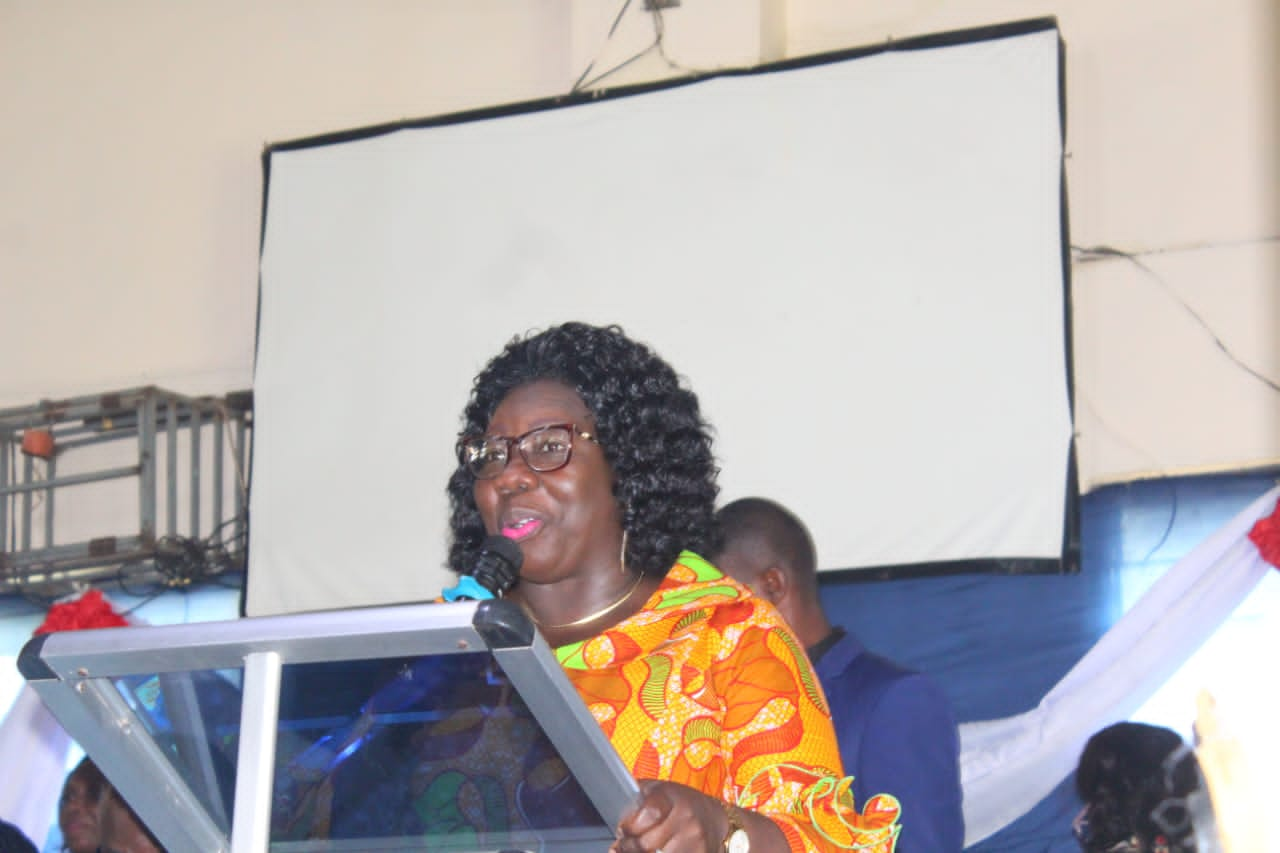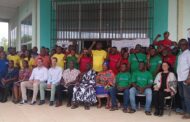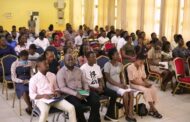The Eastern Regional Director of Education, Dr. Ivy Asantewa Owusu, has raised concerns about the increasing trend of skin bleaching among students, particularly in second-cycle institutions in the region.
Speaking at the launch of the 25th anniversary celebration of Pentecost Senior High School in Koforidua, she revealed that as many as 30% of students in some schools are engaged in skin bleaching, describing it as a worrying phenomenon.
“Now we have the challenge of students bleaching in schools. In some institutions, you can see clearly that not less than 30% of students, both boys and girls, are bleaching. Disheartening? Yes. When you look at their palms and hands, it speaks volumes. What virtues are you cultivating for yourself?” she questioned.
The Ghana Education Service (GES) has officially banned skin bleaching in all second-cycle institutions across the country. This directive is outlined in the harmonized Code of Conduct approved this year by the GES Council for students in pre-tertiary levels.
Under the section on “Improper Dressing,” the code explicitly states that “Bleaching of the skin by a student shall not be allowed.”
However, despite this clear prohibition, enforcement has been ineffective, with no student found culpable facing any significant punishment so far.
Skin bleaching involves the use of products like creams, soaps, pills, and treatments such as chemical peels and laser therapy to lighten dark areas of the skin or achieve an overall lighter complexion.
Dermatologists warn that these practices can result in severe health complications, including skin cancer, high blood pressure, fatigue, light sensitivity, numbness, neurological symptoms like tremors and memory loss, kidney failure, and lung damage.
Source:Mybrytfmonline.com/Obed Ansah




















































